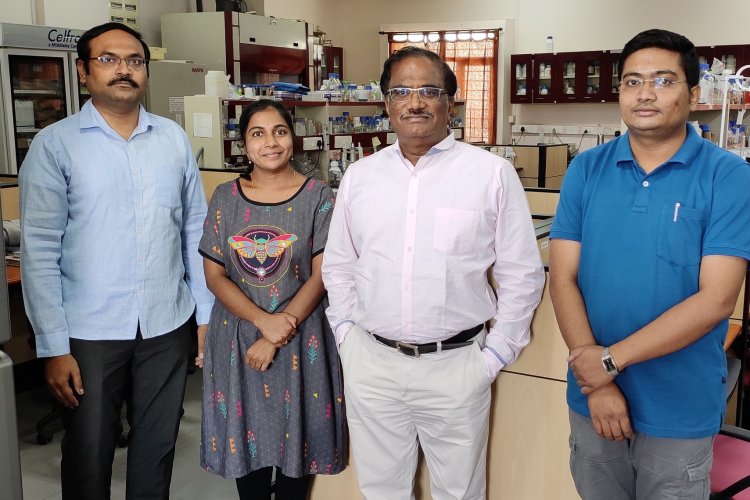Red gram, also known as pigeon pea, and other legumes play a crucial role as hosts in the symbiotic relationship with rhizobia bacteria in India. This relationship is highly beneficial as rhizobia have the unique ability to convert atmospheric nitrogen, which makes up over 75% of the air, into a form that plants can readily use. This process helps in reducing the dependency on external nitrogen fertilizers for small and marginal farmers in the country. By harnessing this natural symbiosis, farmers can improve the fertility of their soil and increase crop yields without relying heavily on chemical inputs. The use of rhizobia in agriculture is not only cost-effective but also environmentally friendly, as it promotes sustainable farming practices. As India continues to prioritize sustainable agriculture and food security, leveraging the symbiotic relationship between legumes and rhizobia can be a game-changer for the farming community. By incorporating these natural processes into agricultural practices, farmers can enhance soil health, increase productivity, and contribute to a more sustainable food system in the country.

Posted in
JUST IN
“Rhizobia Symbiosis Boosts Nitrogen Fixation for Legumes, Reducing Fertilizer Needs for Small Farmers”
In Trend
In conclusion





















